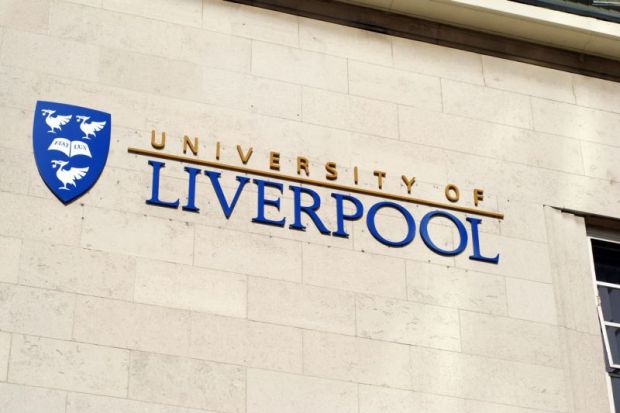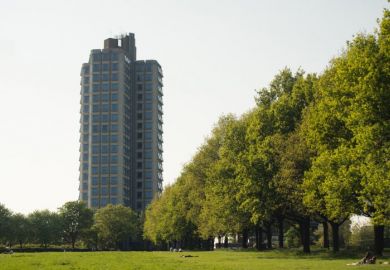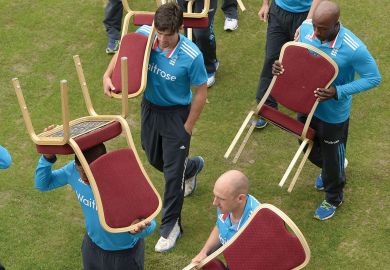Scientists at the University of Liverpool face being made redundant based on research grant income and citation impact scores, a union has claimed.
The institution is poised to cut 47 research jobs from its Faculty of Health and Life Sciences, with compulsory redundancies due to be made after voluntary severance packages were rejected.
The University and College Union said that Liverpool was creating its own criteria to assess academics, based on individual research grant income and citation impact scores, and that the 47 academics deemed the worst performing will be in line for the chop by May.
Anthony O’Hanlon, president of UCU’s Liverpool branch, likened the practice to the “rank and yank” management approach used by firms such as Amazon to make cuts.
“This brutal assault on jobs is more akin to the ruthless managerialism you would expect to see at a big corporate firm. It is not being proposed out of financial necessity,” he said.
Mr O’Hanlon highlighted that the faculty was part of Liverpool Stop Covid, a citywide group aiming to combat the pandemic at local, national and global levels.
The cuts are being made as part of Project Shape, which aims to realign the Faculty of Health and Life Sciences “in order to help tackle the extreme health inequalities and unmet health needs in the Liverpool city region”.
The union will now consult its members on industrial action.
“The attempts by the university to claim this attack on jobs is part of its civic responsibility to address health outcomes in the city will not wash with the people of Liverpool. This is the latest in a long line of catastrophic errors of judgement from senior managers at the university and UCU will be fighting against these redundancies and the pernicious criteria they are attempting to justify them with,” Mr O’Hanlon said.
Louise Kenny, executive pro vice-chancellor of the faculty, said that Project Shape “been a long and carefully considered process and we have engaged comprehensively with colleagues during the 18 months preceding the Covid-19 pandemic to understand the challenges facing our faculty and what we need to do to evolve”.
“The changes that we have already implemented, and propose to continue with through the more limited second phase of the project, will also allow us to re-establish a strong connection between our research capabilities and performance, and the teaching provided to students by our academic colleagues,” Professor Kenny said.
“We will continue to engage comprehensively with colleagues and the campus trade unions and address specific concerns throughout the consultation process.”
Register to continue
Why register?
- Registration is free and only takes a moment
- Once registered, you can read 3 articles a month
- Sign up for our newsletter
Subscribe
Or subscribe for unlimited access to:
- Unlimited access to news, views, insights & reviews
- Digital editions
- Digital access to THE’s university and college rankings analysis
Already registered or a current subscriber?










